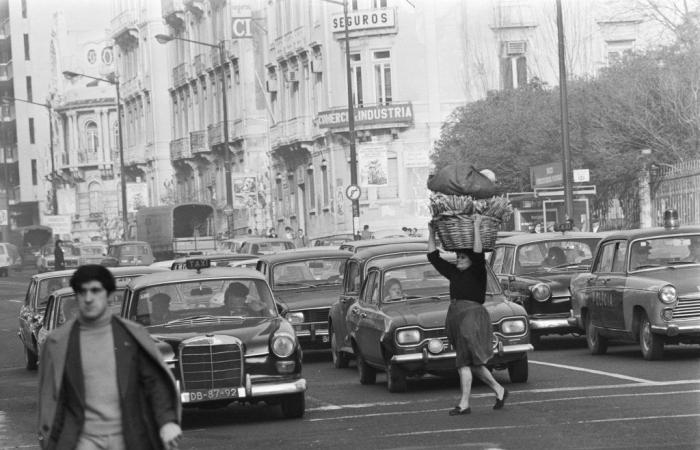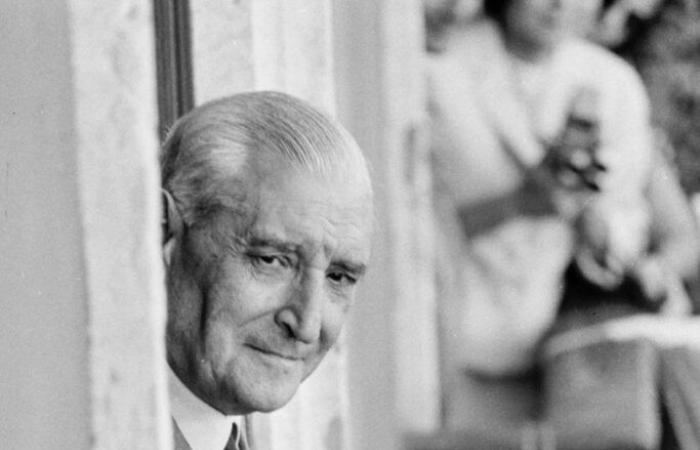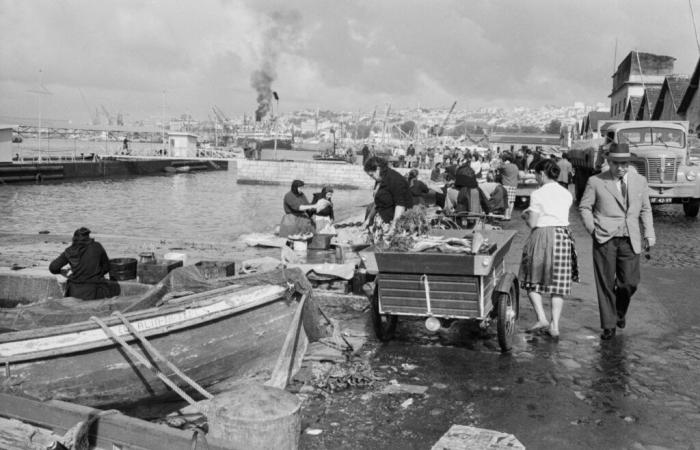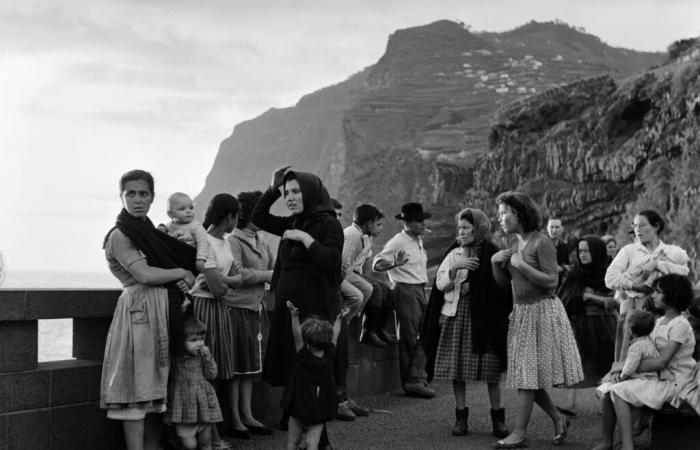In the year that marks half a century of the Carnation Revolution, we go back in time and highlight 10 facts that are perfectly common today, but which during the Estado Novo were unthinkable. Some better known than others, almost all unbelievable, at a time when a woman, among many things, could not be a judge.
1. Drink Coca-Cola
The justification was that it could cause habituation, but it would also be possible to count on the protection of national products, as in the case of the ban on foreign wines. Coca-Cola only became legal in 1977.
2. Using a lighter on the street without a license
To protect the match industry, anyone who wanted to use a lighter on the street had to have a license from Finance, exclusive to the holder. Legend has it that, as the law said that lighters could be used freely “under a tile”, some people walked around with a piece of tile in their pocket.
3. Folds
In 1948, a law prohibited the dubbing of films and series, claiming to defend national production. In this way, in addition to keeping a large part of the illiterate away from the ideas that arrived from abroad, the content could be adulterated in a more economical way, through subtitles.
4. Show the female body
On the beach, it was forbidden to walk around with your navel exposed and even swimsuits could not be too low-cut or have too much neckline. Already in high school, they had to wear pants and only in chemistry laboratory classes were young women allowed to roll up their sleeves, just up to the elbow.
5. Kisses on the street
Usually at the gate or with a companion, if it was dating on the street it could result in a fine and a shave of hair. The fines were: Hand in hand 2$50; Hand in that 15$00; That in hand 30$00; That in that 50$00; That behind that 100$00; With his tongue on that 150$00 fine, arrested and photographed.
6. Marry a teacher or nurse
It was only possible to exchange rings like a teacher if the groom presented a certificate of good moral and civic behavior, proved that he earned enough to support her and, even then, the marriage had to be approved by the Government, with an order published in the Government Gazette (predecessor of the Diário da República). Nurses couldn’t even be married.
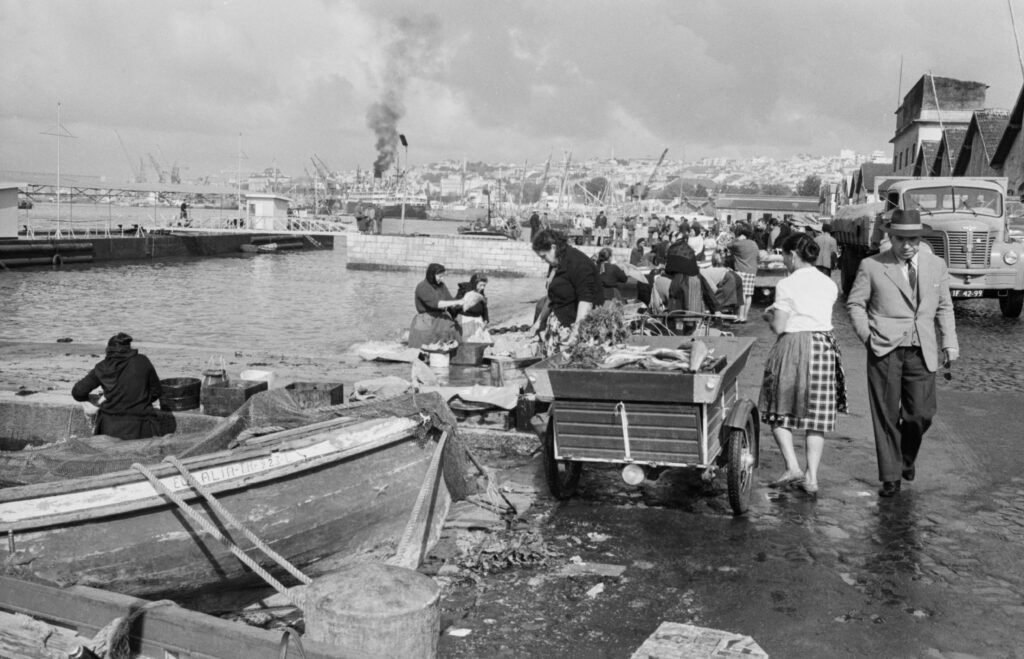

7. Playing cards on a train
Gambling was frowned upon. It was also not permissible to talk about politics, be drunk or open the windows if the other passengers did not want to.
8. Walking barefoot on the street
Embellished as a health issue, which obviously makes sense, given the danger of infections, the main problem was that it was a sign of poverty, which should be hidden. Officially, there was no extreme poverty in Portugal.
9. Gather
Meetings were prohibited, with population gatherings being limited to football stadiums and Church places of worship, unless they were two of the three pillars of the Estado Novo.
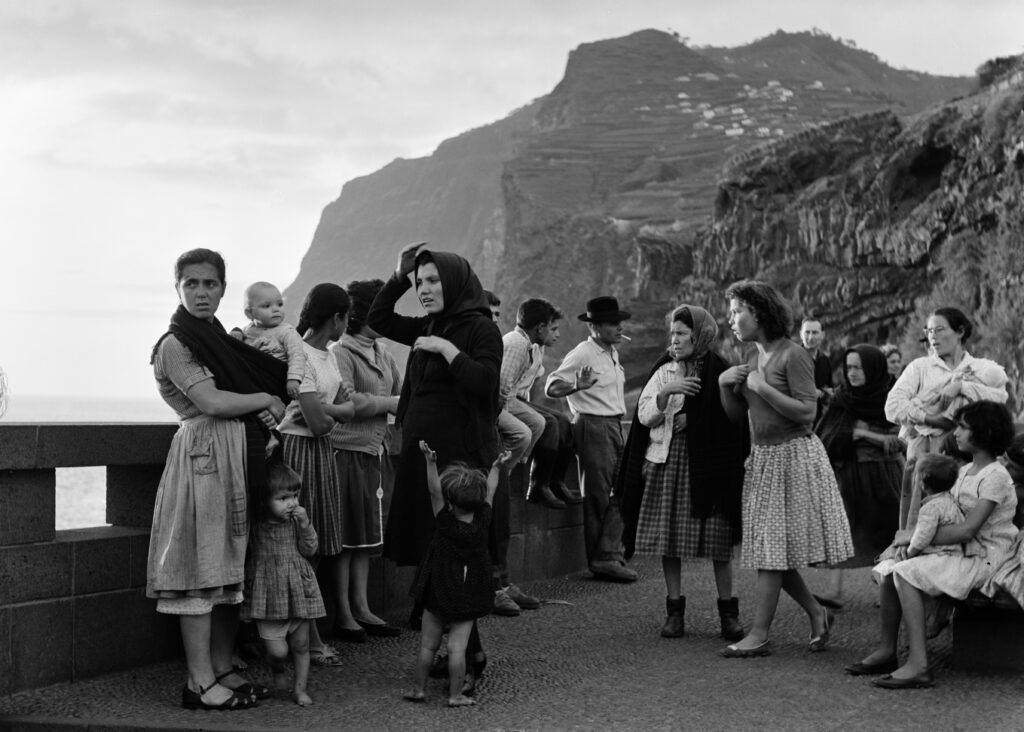

10. A woman walking alone on the street at night
Only sex workers could do this. Anyone else could be taken to the police station until a family member picked them up and explained why they were alone at night.
Tags: Drink CocaCola walk barefoot street prohibited April #25th
--
